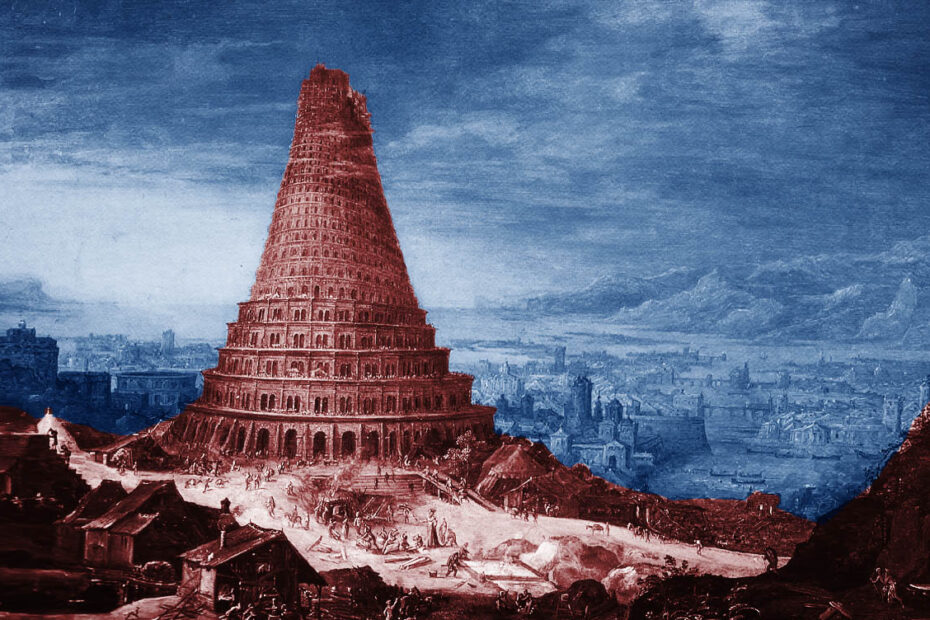By Judie Brown
St. John Paul II taught that “‘structures of sin’ are rooted in personal sin, and thus always linked to the concrete acts of individuals who introduce these structures, consolidate them and make them difficult to remove. And thus they grow stronger, spread, and become the source of other sins, and so influence people’s behavior.”
While the teaching is true, it first has to be learned, accepted, and lived out in our daily lives. But when citizens have either never learned or have rejected such truth, moral disorder ensues.
In America today, killing has become an approved practice, even though it is wrong. In states like New York and Colorado, there are shield laws in place that protect abortionists who mail abortion pills to restricted states, resulting in “a pipeline for legally prescribed abortion pills.” The report explains that “seven U.S.-based providers affiliated with Aid Access have in the past month mailed out 3,500 doses of the abortion pills, and could be on track to facilitate at least 42,000 abortions in the nation’s restricted states, and the numbers could climb higher if more doctors and nurses sign up as prescribers.”
The local pharmacy is another place where death is freely available under the guise of birth control. Opill, an over-the-counter drug, will become available early next year even though it can act to thin the lining of the uterus, making it possible for the embryonic child to die rather than implant in her mother’s womb.
Another wrong is marketed by Planned Parenthood, who claims that virginity is a “social construct,” meaning that the very idea of it is outdated. And yet the right-thinking person knows that virginity is a virtue which, as one Catholic mom explains, “can be given.” She goes on to say, “It can be transformed. A young woman who gives herself to her husband on her wedding night does not lose her virginity. She gives herself to him entirely, and with that gift of self, she offers her virginity as well. Yes, the married woman ceases to be a virgin. But the married woman does not cease to be innocent and pure.”
If only society listened to such wisdom and responded in a positive way. If that were to miraculously occur, we would not have to write about so many structures of sin or consider the absurdities apparent in today’s media, including rescuing animals versus rescuing preborn babies.
Newsweek recently reported on a rescued cat and a rescued kitten, stating, “Now, Mittens and Boots both have a second chance at life and will always have each other to keep them company at their home in Wisconsin.”
Yet the very same publication reports that in the wake of the flawed Supreme Court Dobbs decision, “denying access to reproductive health care hurts women.”
The contrast could not be more stunning. Newsweek may not see the paradox, but we do. For we know that it is a sin to kill a preborn baby, but it is a simple human kindness to rescue an animal.
Finally, consider the disparity between the loving Dominican Sisters of Hawthorne, who operate their hospice with genuine compassion and care for each of their patients, and the proponents of assisted killing who seem to reside in every state and want the right to take people’s lives with the assistance of others. In Massachusetts, where the legislature is considering a vote on the End of Life Options Act, the Boston Herald reports,
Even groups which may usually protest medical intervention at the end of life — Catholics and pro-life Republicans — supported the idea. . . .
“At least seven in 10 voters (70%-75%) in every region of the state support the bill, as do 79% of Democrats, 71% of unenrolled voters, 68% of Republicans, 89% of strongly pro-choice voters, 68% of moderate pro-choice voters, and a plurality of pro-life voters (47% vs. 43%),” pollsters wrote.
Imposed death, whether legal or not, is always a crime against the human person. And as one medical professional has written, “Because there are now many state and national medical professional organizations that support assisted suicide, abortion, and other problematic ethical issues, the discouraging effect on idealistic people considering or remaining in a health care career may be devastating to our most vulnerable people and indeed to our healthcare system itself.”
Ultimately, structures of sin weaken the nation due to the cultural acceptance of offenses against God.
